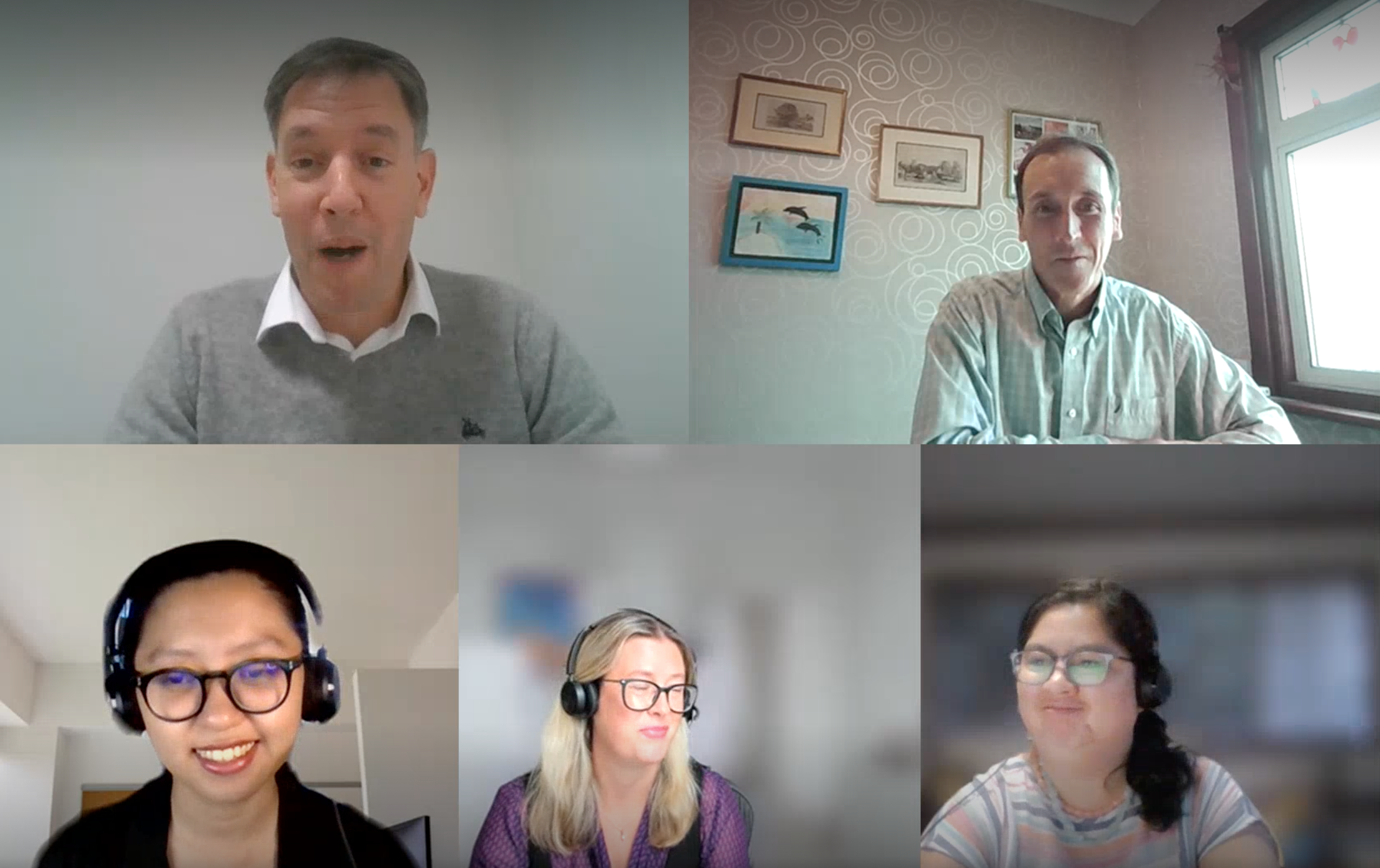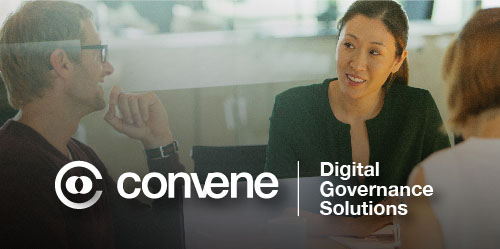Orbit Housing recently spoke at one of our coveted ESG webinars. Orbit Housing Group is one of Convene ESG’s early adopters and discussed how Convene ESG helped them to successfully execute their ESG goals. If you were unable to attend, you can read on for our summary or attend our next ESG webinar, keep an eye on our LinkedIn and your inbox.
Q: How Did Convene ESG help you with the start of your ESG journey?
A: We were early adopters of sustainability reporting standards, viewing it as a great opportunity for the sector to be transparent and open about what we are achieving as a sector, especially around environmental and social concerns. Increasing our knowledge around sustainability reporting standards was a significant step for us, therefore we chose the enhanced option. There were a lot of spreadsheets, and at times I felt that I needed five screens open at any one time so that I could see everything that was going on.
Gathering all the required data together, including data that historically we had not been asked to look at in depth as a business together, involved collaborative work between many different departments. Our first full report was produced in September 2021. It was a massive piece of work and what was really important to us was for us to fully examine that data, and to begin to look across our peers. We did a benchmark and an analysis, gathered other people’s ESG reports and began the process of looking at where any potential opportunities for future growth were over and above the areas where we already had considerable strength.
Again, looking through people’s SRS reports was another massive but also hugely valuable piece of work in terms of the information that emerged as part of the process. Primarily, it revealed an opportunity for us to start to drive our own ESG journey, and we looked at defining our targets, and how to determine the direction of our business and how to take it forward. I’m very much looking forward to using the tool again in a few months’ time, and to be in a position to learn from peers as opposed to having to gather numerous SRS reports and sift through the fine details as was the case prior to implementation. And very importantly, to learn how best to shape our reporting into the future.
Q: What would you say are the key factors for successfully embedding ESG as a strategic priority for the organisation?
A: Firstly, any organisation who isn’t looking at ESG in the current environment is slightly behind the curve.
I predict that there will be considerable effort and involvement within ESG. What we found from our stakeholder engagement was that our customers, our supply chain, and others are all really invested in this area. They might not define it as specific to ESG – for example they might see it just as a term of responsible business, they may view sustainability in terms of climate change only, and it was really important to us to know that we were in line with our customers in terms of our dedicated ESG approach. Our supply chain and our employees are really interested in this already and if we are not already picking it up and running with it, it immediately presents as a missed opportunity.
It was really helpful to be able to talk to our Executive team about building in some targets and commitments that we as a business had made and wanted to achieve. We are already engaged in ESG work; however, we did not have visible targets to aim for, or to be able to display our efforts as far as meeting our goals was concerned. It was a case of looking at what we were already achieving and delivering and deciding to set measurable targets around them to better direct our efforts and look at what we could achieve as a business. We were able to put the report out by year end, showing what we had achieved and to highlight where we wanted to go in the future, which was particularly important to us.
Q: Were there any noticeable differences as far as time saving was concerned? What benefits did you realise as a result of this?
A: Because the tool added value in terms of data management, more time was available for us to focus on delving into the details, talk about some of our innovative pieces of work, look at case study examples of where we are supporting our customers and also to identify the areas where things were working well. I really like the fact that ESRS has gone into these pieces of data and actually reached out to everybody and raised questions as to where and how improvements can be made. We saw some notable examples last year of people entering their ethnicity gap and pay gap for their employees, and we saw one housing association put in a disability pay gap. We are keen to push our initiatives in this area, for example we are including an ethnicity pay gap this year, which is an incredibly positive step.
Q: How has the tool helped you as far as the business process is concerned? Have you identified any specific result(s) ?
A: It has been vital in terms of streamlining our business processes. Convene ESG has enabled us to direct our time and effort towards mission critical work that previously we were unable to do effectively. So now, instead of simply collecting our data, we are telling our story thanks to Convene ESG.
What Is Convene ESG?
Convene ESG is a reporting tool designed for Housing Associations, with the assistance of Housing Associations, to enable a streamlined reporting process for the Sustainable Reporting Standard. Our early adopters have helped us optimise our tool so you are able to collate, compare and compile all your information in one place. You can also review your metrics in comparison with other published SRS reports.
If you would like to hear more about Convene ESG, we are hosting weekly drop-ins, monthly webinars (the next is October 19th) and are available for demos! Don't hesitate to contact us or keep an eye on our LinkedIn for more information!








